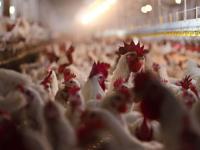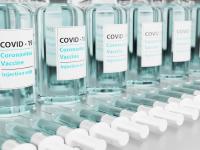Coronavirus: How to cook, eat and store food during the pandemic, according to WHO
By Lokmat English Desk | Published: May 11, 2020 05:57 PM2020-05-11T17:57:48+5:302020-05-11T17:57:48+5:30

With the number of coronavirus cases crossing 4 million worldwide, people across the globe are trying to be extra careful every day. Masks, gloves and sanitisers are regular domestic objects now. But one thing many seem to be concerned about is food. And while there is no evidence that COVID-19 can be transmitted through food, the WHO has issued guidelines to help keep food safer in these times. After all, a little extra safety can’t hurt.
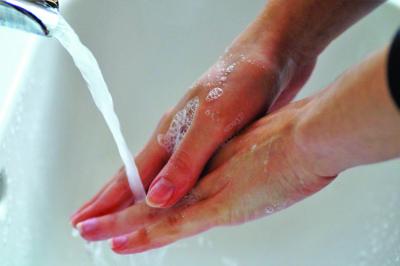
The pandemic is showing us that something as simple as washing our hands can go a long way in preventing disease. Apply that rule to cooking and eating as well.
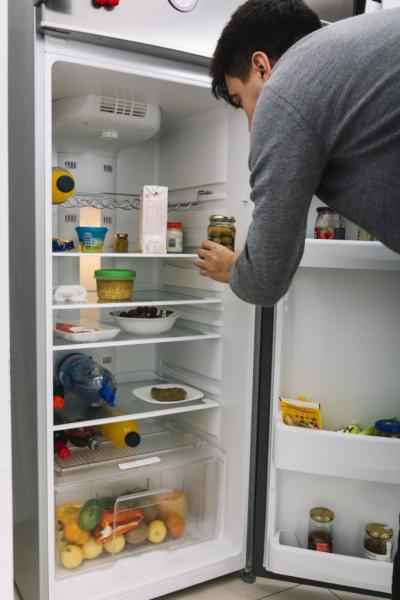
Along with making sure that you wash your hands before handling food, also wash and sanitise surfaces and equipment used for food preparation. This will help eliminate any potentially harmful microorganisms from your food.
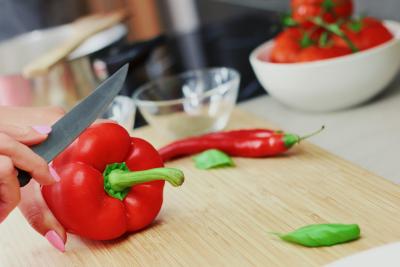
In preparing and storing food, make sure to separate raw meat and fish from other foods. Designate a separate cutting board and knives for raw foods to avoid any intermingling. Raw meat and seafood can contain dangerous microorganisms, so store them in containers to keep them isolated from other foods.
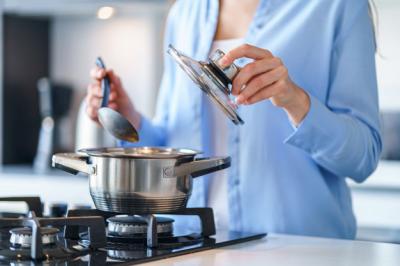
Cook all foods- meat, seafood as well as vegetarian dishes- really well. This will help kill dangerous microorganisms, making the food safer for consumption. If you plan to eat something out of the refrigerator, make sure to reheat it so it is steaming hot.
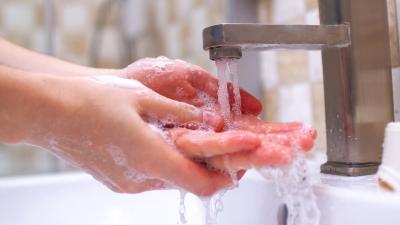
Cook all foods- meat, seafood as well as vegetarian dishes- really well. This will help kill dangerous microorganisms, making the food safer for consumption. If you plan to eat something out of the refrigerator, make sure to reheat it so it is steaming hot.
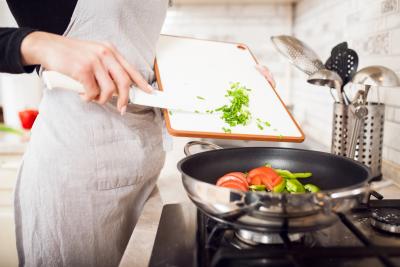
Practising safety when storing food is equally important. Refrigerate all cooked and perishable foods and avoid leaving cooked food at room temperature for too long. Heat food well prior to serving and refrigerate leftovers immediately.
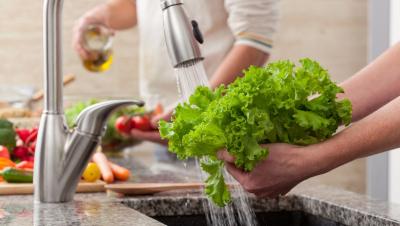
Microorganisms can multiply fast at room temperature, but at temperatures below 5°C or above 60°C, their growth slows down or stops.
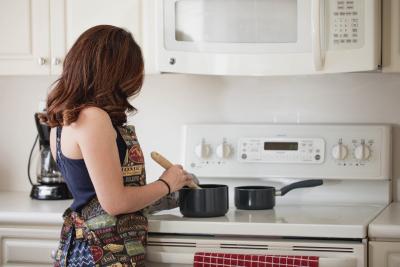
When purchasing produce or meat, make sure it is safe and fresh. Wash fruits and vegetables with clean water, especially if they are to be consumed raw.
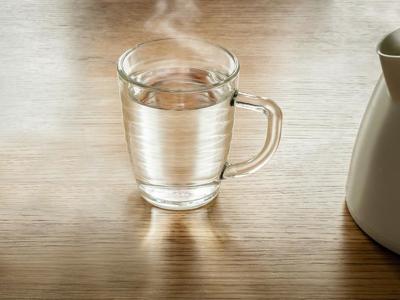
For packaged foods, take the time to check the labels and avoid consuming anything beyond expiry.

Even raw materials like water and ice can sometimes be contaminated with unwanted microorganisms and chemicals. So make sure to use water that is safe, or treat it to make it safe for consumption.




















